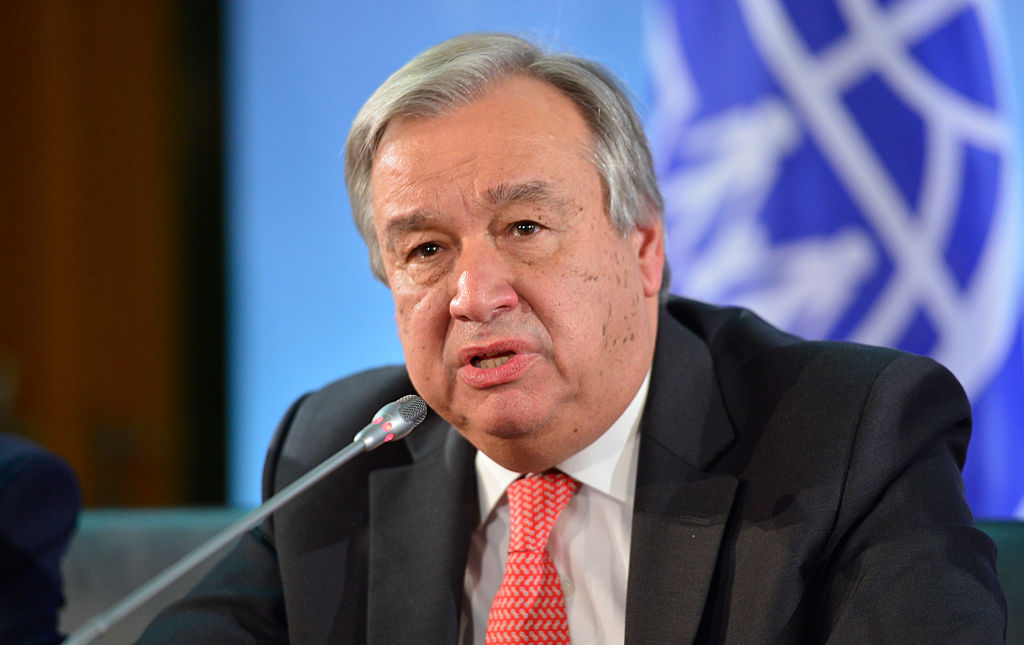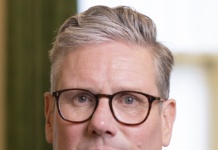December 1 is observed as World AIDS Day – a day set aside as a show of solidarity with people who are living with HIV/Aids, and those who have died from the disease. This year’s theme is “Know Your Status”, which stresses the importance of knowing one’s HIV status, in order to fight it. This year also marks the 30th anniversary of the first World Aids Day commemoration.

It is said that one out of four people living with HIV do not know that they have the virus, according to UN Secretary General António Guterres. In a statement released on last week Wednesday, ahead the World Aids Day 2018, Mr Guterres says the situation impedes them from making informed decisions on prevention, treatment and other supporting services. This year’s theme aims at campaigning for people to know their HIV status and their viral load.
“There is still time to scale-up testing for HIV; to enable more people to access treatment, to increase resources needed to prevent new infections and to end the stigma.
At this critical juncture, we need to take the right turn now,” reads part of the statement. According to him, huge progress has been made in diagnosis, treatment and prevention efforts have helped millions of people across the world. He said the pace of progress does not match with global ambition because the new HIV infections are not falling rapidly enough.
He some regions are lagging behind, and financial resources are insufficient, stigma and discrimination are still holding people back, especially key populations like sex workers, transgenders and drugs users.
Meanwhile the Nigerian government has said that it is set to facilitate local manufacture of medicines and other relevant commodities needed for the treatment and care of people living with Human Immuno-deficiency Virus (HIV)/Acquired Immune Deficiency Syndrome (AIDS) and inaugurate an HIV Trust Fund.
Director-General, National Agency for the Control of AIDS (NACA), Dr. Sani Aliyu, who stated this last week Thursday in Abuja at the 2018 World AIDS Day (WAD) commemoration event, said it is another important priority as part of the long-term sustainability agenda for the national response.
He said local production of high commodity and affordable medicines represent the most effective means of ensuring sustainable access to essential medicines.
Also at the event, Vice President Yemi Osinbajo noted that more than ever before, Nigeria is closer to ending AIDS epidemic, adding that having HIV diagnosis today implies something different from what it did 20 years ago.
He said: “Research has delivered improved medicines, technologies and approaches to service delivery and holds even greater promise for what will obtain in the future. Today, with more access to treatment and care, people living with HIV can live healthier and more fulfilling lives.
“We are approaching a new dawn in our national HIV response as the country gets its HIV members right.”
The Vice President, who stated that about nine million adults are tested for HIV every year, with about two million being pregnant women, re-affirmed Federal Government’s commitment in providing sustained political support at the highest level as well as increasing funding for the HIV response and ensuring universal access to HIV prevention, treatment and care services.
In another development, the Kebbi State government has flagged off mass vaccination against yellow fever.
The 10-day yellow fever mass vaccination campaign is expected to take place in 847 vaccination posts from Thursday, November 29, 2018.
Kindly follow us on twitter:@AfricanVoice2










